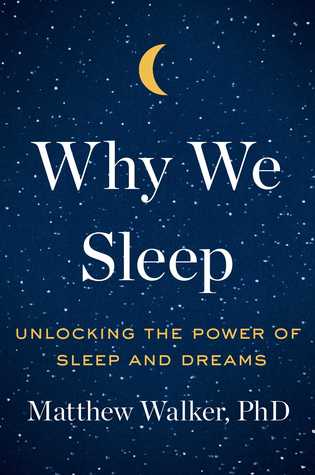 Title: The Mortal Word
Series: The Invisible Library #5
Author: Genevieve Cogman
Source/Format: First to Read; eARC
More Details: Fantasy; Historical
Publisher/Publication Date: Ace; November 27, 2018
Title: The Mortal Word
Series: The Invisible Library #5
Author: Genevieve Cogman
Source/Format: First to Read; eARC
More Details: Fantasy; Historical
Publisher/Publication Date: Ace; November 27, 2018
Goodreads Amazon Barnes & Noble Book Depository
Synopsis from Goodreads...
In the latest novel in Genevieve Cogman's historical fantasy series, the fate of worlds lies in the balance. When a dragon is murdered at a peace conference, time-travelling Librarian spy Irene must solve the case to keep the balance between order, chaos . . . and the Library. When Irene returns to London after a relatively straightforward book theft in Vienna, Bradamant informs her that there is a top secret dragon-Fae peace conference in progress that the Library is mediating, but that the second-in-command dragon has been stabbed to death. Tasked with solving the case, Vale and Irene immediately go to 1890s Paris. Once they arrive, it seems that the murder victim had uncovered evidence suggesting that he may have found proof of treachery by one or more Librarians. But to ensure the peace of the conference, some Librarians are already hostages in the dragon and Fae courts. To save the captives, including her parents, Irene must get to the bottom of this murder—but was it dragon, Fae, or even a Librarian who committed the crime?

The Invisible Library is one of those series that keeps getting better and better. And while I’m guilty of not keeping up with this series as much as I should have—and I really need to—I had no problem reading The Mortal Word. This book was fantastic. The mystery kept me guessing and the action and danger made the story that much more exciting. There was a hefty dose of political intrigue and maneuvering as the Dragons, Fae, and Library all came together for a peace conference.
I have to say that I thoroughly enjoyed this story. Right from the start, it opens with Irene doing what she does best: retrieving books. But as it quickly became apparent, there was so much more going on this time around. There was a multitude of characters in a situation best described as volatile and high stakes. There were a lot of different sides to keep up with such as the Fae and their nature, some of the inner workings of the Dragon society, and how past animosity came into play while trying to make negotiations. So, there was never a boring moment. I also liked all the details about how the idea for the conference came about + all of the danger that came with it. As such, it was interesting to see how the opposing forces affected the setting—an alternative version of Paris—where the story took place.
The overall plot was fantastic, because, I’m going to be honest, there were a lot of characters with dubious motivations who did a number of questionable actions. It’s one of the things that made the mystery at the core of The Mortal Word as interesting as it was, which was why the buildup to the twists were all that more rewarding by the time the book was over. The ending was a satisfying conclusion to The Mortal Word while also leaving room for the story to continue.
The characters from this series have always been interesting, and there were a lot of familiar faces that appeared in The Mortal Word. Irene is, of course, my favorite character. I like her personality. Her job is pretty cool at times. And I also liked how she handled herself during some of the tensest moments of The Mortal Word. There was also Kai, and while he was present, his role was a little more in the background this time. Although, I enjoyed the moments where Kai and Irene got to interact.
All in all, The Mortal Word is one of the best books I’ve read so far this year. It’s effectively renewed my interest in The Invisible Library series. And after that ending, I hope there’s going to be another book after this one. If you’re a fan of this series, then The Mortal Word should be on your TBR list....
About the author...
Genevieve Cogman is a freelance author, who has written for several role-playing game companies. Her work includes GURPS Vorkosigan and contributions to the In Nomine role-playing game line for Steve Jackson Games: contributions to Exalted 2nd Edition and other contributions to the Exalted and Orpheuslines for White Wolf Publishing: Hearts, Swords and Flowers: The Art of Shoujo for Magnum Opus: and contributions to the Dresden Files RPG for Evil Hat Productions. She currently works for the NHS in England in the HSCIC as a clinical classifications specialist. She has had eight books of her series about the multidimensional Library accepted by Tor Books; the first three books, The Invisible Library, The Masked City, The Burning Page, and The Lost Plot are now available: the fifth, The Mortal Word, will be available in November 2018...
Disclaimer: this copy of the book was provided by First to Read for this review, thank you!














